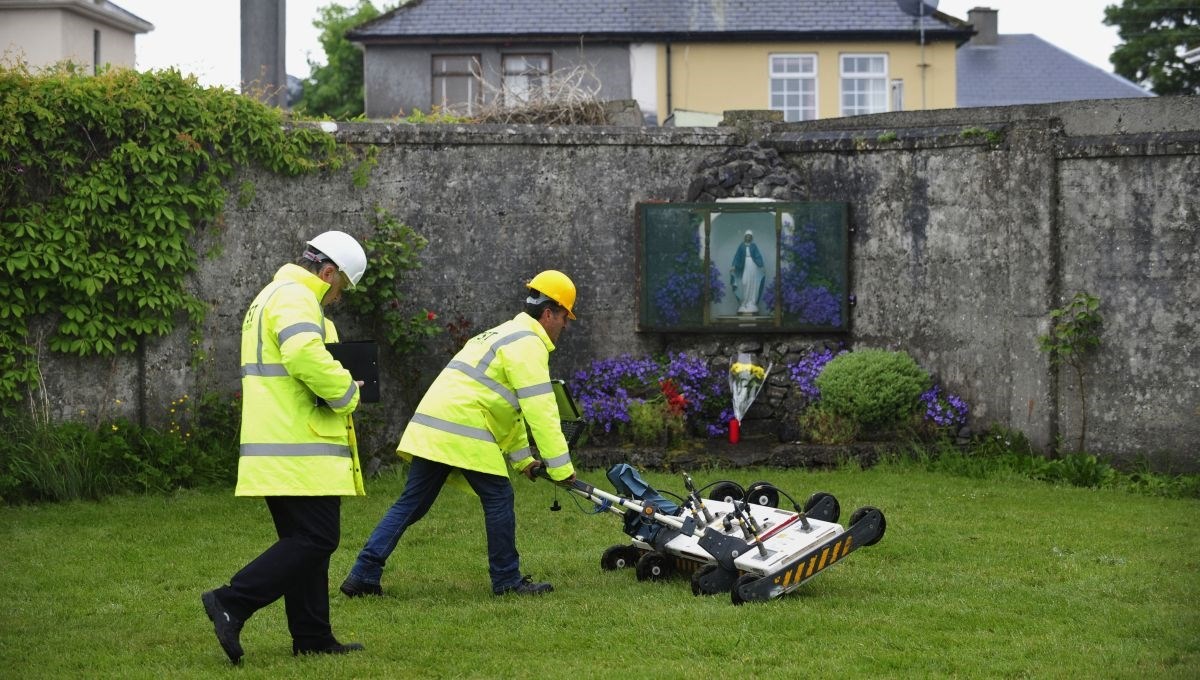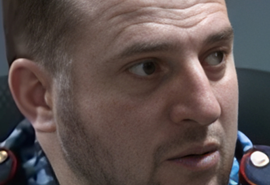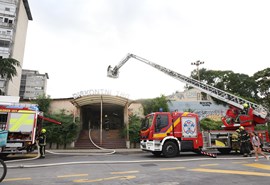In the Irish town of Tuam, excavations have begun at the site of a former mother and baby home, where hundreds of infants and young children are believed to have been buried in a septic tank. The home was run by nuns of a Catholic order, and research revealed that many children born out of wedlock were victims of cruel treatment and hidden deaths. Historian Catherine Corless conducted detailed research uncovering the dark side of mid-20th century Irish society, where the Church held strong influence and women who gave birth out of wedlock were stigmatized and forcibly placed in these homes. Investigators are now conducting forensic excavations to identify remains and provide dignified burials. The Irish government has issued an official apology, and the Bon Secours Sisters order acknowledged the unacceptable manner in which the children were buried and offered compensation. This case symbolizes a dark past and social injustices towards the most vulnerable in Ireland.
Political Perspectives:
Left: Left-leaning outlets emphasize the systemic abuse and neglect by the Catholic Church and the Irish state, highlighting the human rights violations against vulnerable women and children. They focus on the need for justice, accountability, and reparations for the victims, as well as the broader critique of institutional power and social stigma against unmarried mothers.
Center: Centrist reports tend to focus on the factual recounting of the events, the ongoing excavations, and the official responses including government apologies and church acknowledgments. They provide balanced coverage of the historical context and current efforts to identify remains and offer dignified burials, emphasizing reconciliation and healing.
Right: Right-leaning perspectives may acknowledge the tragedy but often emphasize the historical context of societal norms and the role of the Church in providing care, sometimes downplaying systemic abuse. They may focus on the progress made since then and the importance of moving forward, occasionally stressing the complexity of judging past actions by modern standards.




































